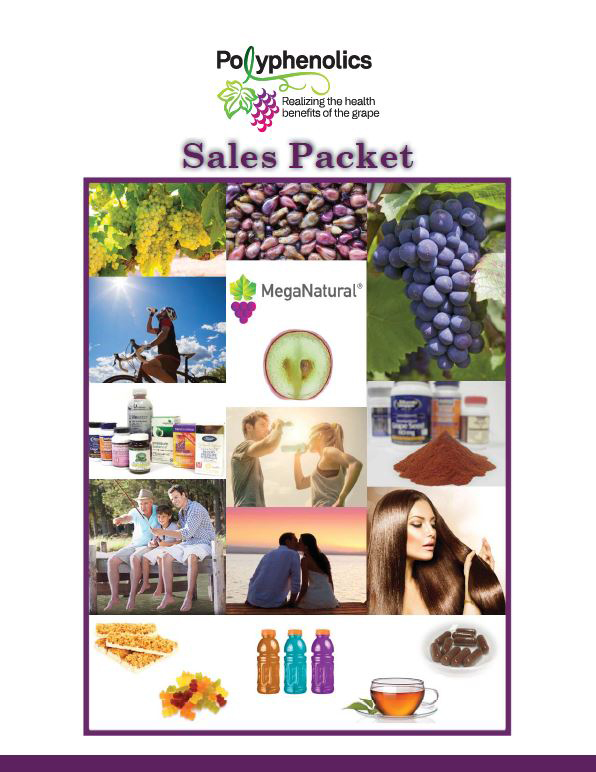Could a banana save your life? It may not be that simple but getting the proper amount of potassium daily is necessary for healthy blood pressure and for keeping your heart pumping properly.
Many of us consume too much sodium but only about half the amount of potassium we need. We need to balance both. Why? In the proper ratio, sodium and potassium help your heart function. While high levels of sodium contribute to heart complications, potassium may mitigate these effects. In fact, one study published in the Archives of Internal Medicine linked a higher potassium intake to a 20 percent decreased risk of dying.
Strive for 4,700 milligrams of potassium and 2,300 milligrams of sodium (about a teaspoon) each day. If you have been diagnosed with high blood pressure, try to limit your daily sodium intake to no more than 1,500 milligrams.
Why do many of us have a potassium imbalance? The main culprit is eating too much dietary salt. Packaged foods, which may account for as much as 75 percent of your sodium intake, have become a habit over fresh options. Processed foods are preserved with added sodium, but no added potassium.
Here’s some reassuring news. You probably don’t have to go searching a special high-potassium diet. As it turns out, diets recommended for lowering blood pressure and cholesterol are also high in potassium. Potassium occurs naturally in a variety of foods including yogurt, whole grains, poultry, meat and fish. It’s most plentiful in fruits and vegetables such as potatoes, plums, spinach, prunes, tomatoes, avocados, and yes, bananas. When’s the last time you had a piece of fresh produce? Some doctors recommend seven to nine servings of fruits and vegetables a day to maximize your potassium intake.
In addition to helping your heart (and eating healthier!) you may ward off strokes, osteoporosis, kidney stones, muscle fatigue and muscular complications – all have been linked to low potassium.



